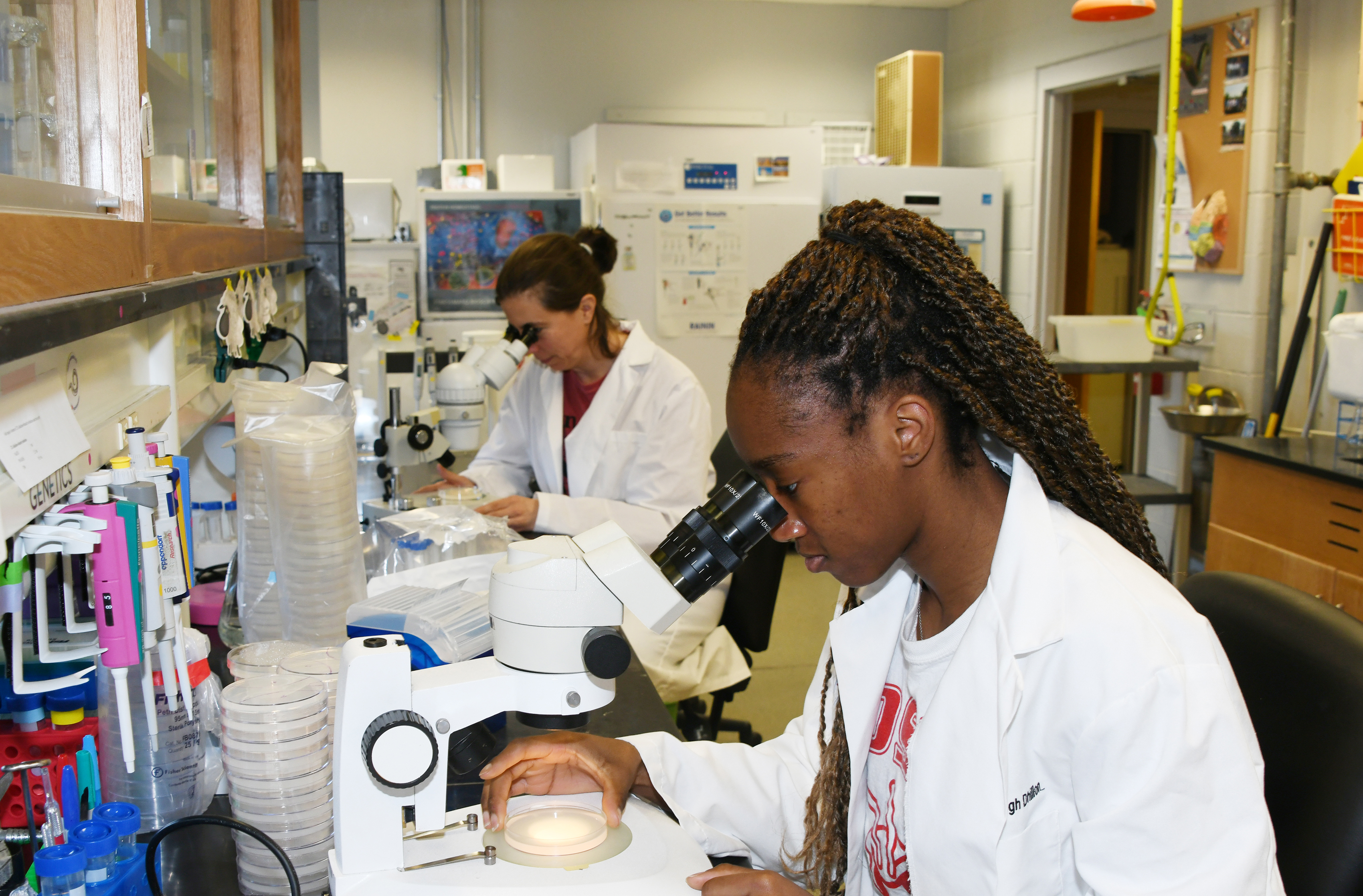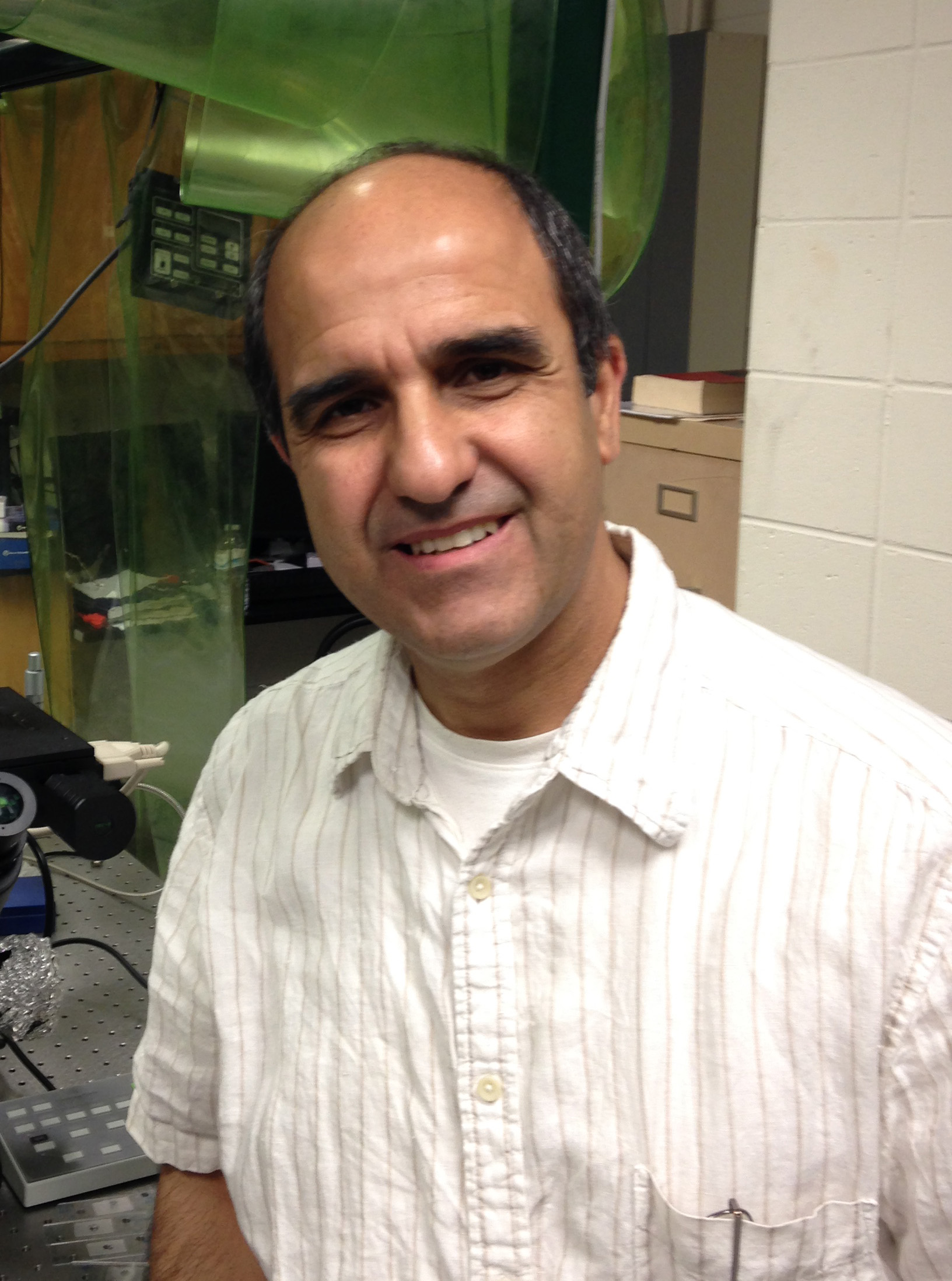
University receives $1.98M for biomedical training
The National Institute of General Medical Sciences (under the National Institutes of Health) has awarded two professors from the physics and biological sciences disciplines a five-year $1,985,763 grant to support the creation of a training program to prepare students for Ph.D. programs and careers relating to biomedical research fields.
Dr. Hacene Boukari, professor of physics and engineering, and Dr. Karl Miletti, associate professor of biological sciences – who both share the principal investigator title of this grant – will use the funding to establish a U-RISE training site at the University.
U-RISE (Undergraduate Research Training Initiative for Student Enhancement) is a two-year program through which up to 36 students will receive training over the five-period of the grant.
“Our STAR (Student Training in Academic Research) Scholars will be mentored and motivated to ultimately pursue their PhD degree and careers related to biomedical research,” Dr. Boukari said. “Based on best practices from the literature, we will implement an educational and research training program that will support successful graduation of our scholars and ensure that they are accepted to biomedical-related graduate programs, are motivated to attend, and are prepared for success.”
Through the IDeA Networks of Biomedical Research and other connections, a large number of partner institutions have been identified that will host the University’s STAR Scholars in their summer undergraduate research programs, ensuring that they are matched with trained and experienced mentors.
“To support our scholars, we have designed a series of activities, courses, and workshops that will provide knowledge and skills development to support academic success at DSU and in graduate school,” Dr. Miletti said. “Our scholars will be supported by strong, culturally-competent mentors, who have completed an on-line mentoring course and participate in interventions shown to minimize implicit bias.”
Drs. Boukari and Milleti note that it is expected that these early research experiences will increase retention and motivate more students toward careers in research. The goal of the program is that 90% of DSU-STAR trainees graduate with a bachelor’s degree in a STEM discipline, at least 60% of the University’s trainees pursue a biomedical Ph.D. or Ph.D./M.D. degree at a research-intensive institution, and at least 80% of those matriculants obtain their degrees.
Furthermore, the University’s STAR program will also support initiatives to increase the four and five year graduation rate, they said.

